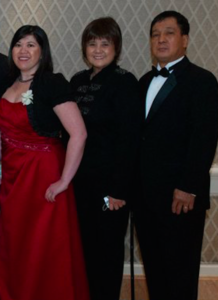
By Charmaine Manansala
The days leading to my dad’s death were sad, confusing and chaotic. Adding to our grief and heartache was the stress of poor family communication about the end of life brought on by lack of planning, indecision and our Filipino culture. We just don’t talk about death before it smacks us in the face.
My father had not made his end-of-life wishes known, and my mother hadn’t pressed him. She wanted to include all family members in decisions, but no one felt comfortable offering an opinion. After dad’s oncologist told us that “no other treatment will help,” my mother eventually decided that he would go to hospice, where he died ten days later.
Sound familiar? This scenario plays out in hospitals and homes across the nation every day.
Ironically, every one of us knew what to do after he died. For nine days we prayed nightly, hosting a wonderful meal the final night to celebrate the end of the novena.
LATEST STORIES
While the funeral rituals are comforting, I think it’s more important to know how to support and honor someone before they die. After all, my dad didn’t suddenly die of a heart attack or stroke, or from injuries in an accident. He died of cancer. From the time he was diagnosed until his death, five and one-half months elapsed. We had time to talk.
That was then. This is now.
I feel so fortunate that my mother and my siblings are taking a different approach. We have completed/are completing our advance directives, and Mom designated my sister, her oldest daughter, her healthcare representative. It’s hard to describe the relief that my siblings and I feel just from these simple steps.
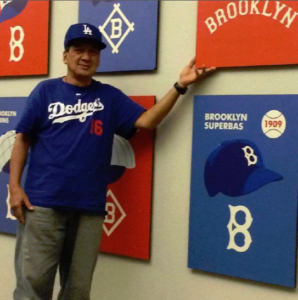
This is not just important for my family. It’s important for yours. Nearly one in ten (8%) Asian Americans and Native Hawaiian and Pacific Islanders
report being in poor or fair health .
While all of us have death in our future, Asian Americans and Pacific Islanders contract serious diseases that have protracted dying processes at a much higher rate than other groups. The facts are sobering. Asian Americans suffer disproportionately from certain cancers, tuberculosis and Hepatitis B. The cervical-cancer rates for Vietnamese American women are five times those of white women. Native Hawaiians and Pacific Islanders are 30 percent more likely to be diagnosed with cancer compared to non-Hispanic whites.
These dreaded diseases frequently allow time for end-of-life discussions, even as a loved one is battling to continue living. It’s best to discuss end-of-life treatment options early in life. But for those who haven’t had the discussion, advance care planning and treatment-cessation discussions once a loved one is battling a disease can suffice.
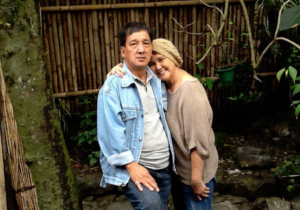
Numerous health agencies and consumer groups provide documents and tools to get things started. Compassion & Choices, where I serve as national
political director, offers a trove of information, available at CompassionAndChoices.org/Plan-Your-Care.
Our instinct and preference may be to avoid talking about death. Maybe we hope it will pass us by – similar to a child who forgot his homework avoiding eye contact with the teacher. But death has proven itself to be highly inclusive and reliable; it finds everyone.
I now know that avoiding discussing death exacerbates the horrible way we feel as it begins its mission to steal our loved ones. But talking about it reduces death’s power to surprise, disrupt and terrify.
During Asian Pacific American Heritage Month, I urge members of our community to broach this subject with family members. It’s an act of love to plan for and talk about death with your loved ones. And love of family is something we all share.
About the author: Charmaine Manansala lives in Los Angeles; she is political director for Compassion & Choices, the nation’s leading advocacy organization working to improve care and expand choice for the end of life.
(AsAmNews is an all-volunteer effort of dedicated staff and interns. You can show your support by liking our Facebook page at www.facebook.com/asamnews, following us on Twitter, sharing our stories, intern or join our staff. ).

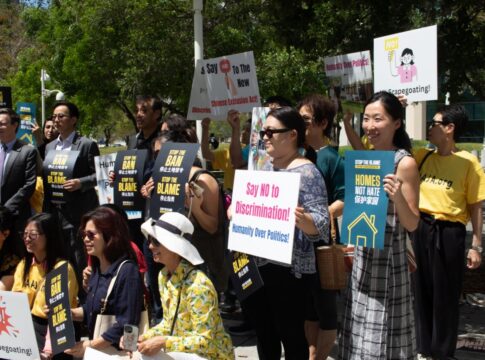
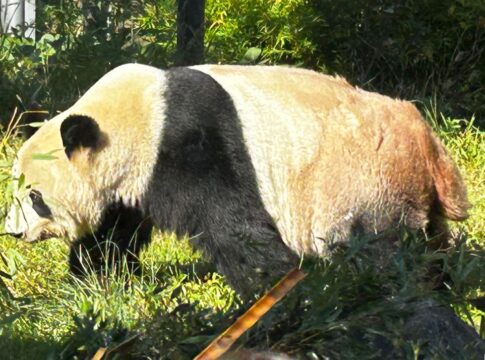
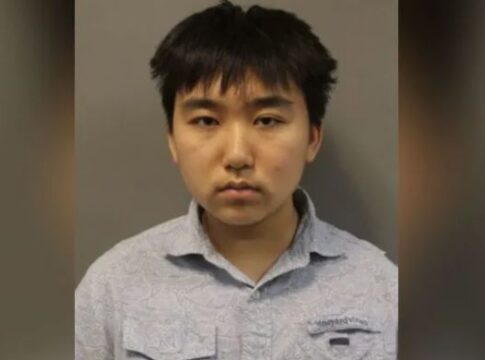
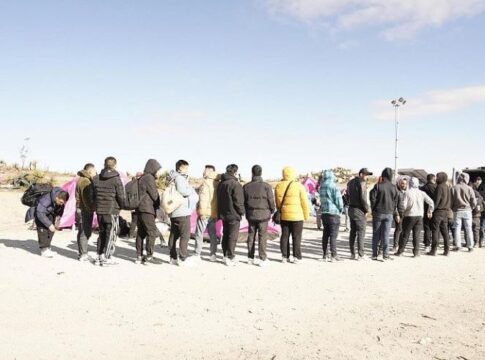
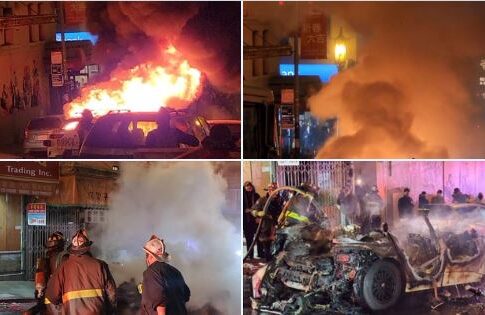


Re: Why are Asian Americans and Pacific Islanders afraid to talk about death:As an AA and a Jodo Shinshu Buddhist we talk about Death all the time.
RE: Why are Asian Americans and Pacific Islanders afraid to talk about death: We all need an option to choose an euthanasia on the end of our lives.